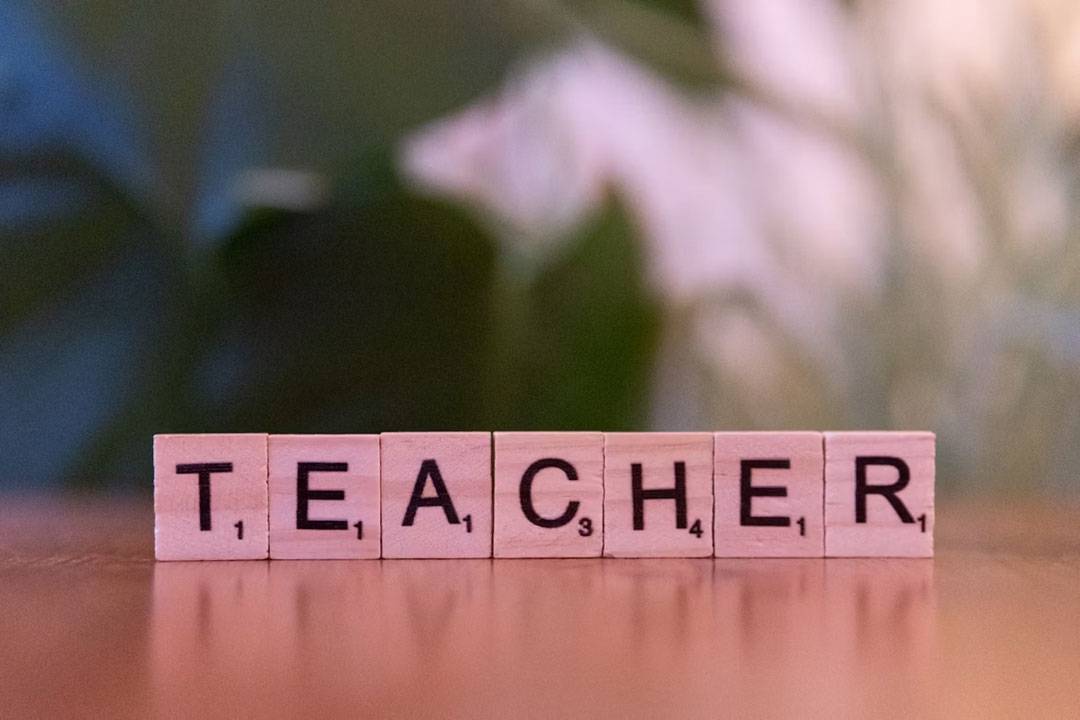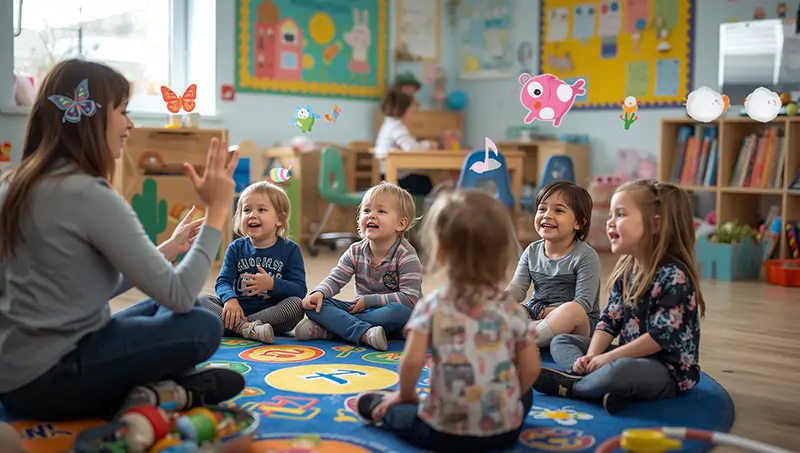What Every Aspiring Teacher Should Know Before Entering the Classroom
Educating the next generation is a noble yet challenging endeavor. For those who aspire to become teachers, the journey can be both rewarding and demanding. Understanding the foundational aspects of teaching, including the skills and responsibilities, is vital to ensuring success in the classroom.. This article aims to shed light on critical considerations and insights that every aspiring educator should embrace before stepping into their role.
Understanding the Role of a Teacher
The role of a teacher extends far beyond imparting knowledge. It involves shaping young minds and nurturing their social, emotional, and intellectual growth.
Teachers serve as facilitators of learning, guiding students through a structured curriculum while also inspiring curiosity and a love for learning. To effectively fulfill this role, educators must develop strong relationships with their students and create a positive classroom environment that fosters collaboration and respect.
A vital aspect of teaching is adapting to the diverse needs of students. Each child comes with a unique background, set of experiences, and level of understanding. An effective teacher must be proficient in identifying these differences and adjusting their teaching strategies accordingly. This adaptability is a hallmark of successful educators, enabling them to reach every student and provide the necessary support to help them thrive academically.
Qualities of an Effective Educator
Every aspiring teacher should focus on developing certain qualities that are important for effective teaching. Passion for teaching and a genuine interest in students’ well-being are fundamental qualities that good teachers share, as these traits inspire trust, motivate learners to reach their potential, and create a supportive classroom environment where every student feels valued and encouraged to grow. According to educational experts, these traits play a significant role in a teacher’s ability to engage students and foster a meaningful learning experience.
Patience is crucial, as teaching can be a slow process, and not every student will grasp concepts at the same speed. An excellent teacher remains calm and supportive, encouraging resilience and persistence among their students.
Technology is a pivotal component of teaching. Understanding how to integrate technological tools into the classroom enhances the learning experience and prepares students for a digital future. Teachers should embrace professional development opportunities to stay updated with the latest teaching methods and digital resources, promoting an engaging and relevant educational environment.
The Importance of Classroom Management
Classroom management is another critical aspect that aspiring teachers must grasp before entering the classroom. Without effective management strategies, maintaining an environment conducive to learning can be challenging. Teachers must establish clear expectations and consistently enforce them to create a sense of order and respect among students.
Effective classroom management is not solely about discipline. It encompasses creating a positive atmosphere where students feel safe to express their thoughts and opinions.
Building strong relationships based on trust allows teachers to establish authority without resorting to punitive measures. Techniques such as positive reinforcement, engaging activities, and the establishment of routines can lead to meaningful student engagement. Through these practices, teachers can cultivate a classroom environment where learning flourishes.
Building Relationships with Students
Fostering relationships with students is crucial to a successful teaching experience. When students feel valued and understood, they are more likely to engage meaningfully with the curriculum.
Respect and empathy are key components of these relationships, so taking the time to learn about students’ interests, challenges, and dreams can make a significant difference in their educational experience. Teachers who invest in their students’ personal growth help to build a positive classroom culture. This culture can lead to increased morale and motivation, which impacts student performance.
Aspiring teachers should seek to connect with their students, demonstrating understanding and support during their educational journey. Whether through informal conversations, scheduled feedback sessions, or parent-teacher conferences, educators should ensure that students feel comfortable discussing their thoughts, concerns, and aspirations. This dialogue fosters trust and encourages students to take an active role in their learning.
The Impact of Professional Development
Professional development is crucial for educators looking to refine their skills and enhance their teaching methodologies. Aspiring teachers should actively seek opportunities to grow and learn from their experiences. Workshops, seminars, and peer collaborations offer educators invaluable insights into current educational practices and emerging trends in teaching.
Ongoing training can help teachers stay informed about recent educational research and evidence-based practices, such as differentiated instruction and scaffolding techniques. These strategies allow teachers to cater to diverse learning needs, having a direct impact on student success.
Professional development promotes a sense of community among teachers, encouraging collaboration and shared learning experiences. Learning does not stop once educators enter the classroom, as the most effective teachers adopt a mindset of lifelong learning and regularly seek feedback from colleagues and supervisors. This proactive approach fosters improved skills and keeps educators motivated and passionate about their roles.
Embracing Diversity in the Classroom
A diverse classroom is a rich tapestry of experiences and perspectives. Aspiring teachers should recognize the importance of embracing diversity and creating an inclusive learning environment for all students.
Culturally responsive teaching encourages educators to reflect on their own biases and engage with students in ways that value their cultural backgrounds. Understanding students’ cultural contexts enhances the relevance of lessons and promotes respect for different perspectives. This approach helps students develop critical thinking skills and prepares them for global citizenship.
Teachers can incorporate diverse materials, examples, and discussions into their lessons, facilitating a sense of belonging for every student. Encouraging collaboration among students from different backgrounds fosters peer learning and mutual understanding. Group work should be structured to ensure that all voices are heard, creating opportunities for students to learn from one another while developing social skills.
Utilizing Assessment Effectively
Assessment goes hand in hand with teaching and learning. Aspiring teachers need to understand how to assess student learning effectively to inform instruction and enhance student outcomes.
Assessments come in various forms, including formative, summative, and performance-based measures. Using a combination of these strategies allows teachers to garner a comprehensive understanding of each student’s progress. Formative assessments, such as quizzes, discussions, and observational notes, provide ongoing feedback that helps guide instruction.
Summative assessments evaluate students’ learning at the end of a unit or course, offering insights into their mastery of content. Performance-based assessments encompass real-world tasks that assess students’ abilities to apply knowledge in practical situations. By understanding how to assimilate different assessment strategies, aspiring teachers can provide valuable insights that enhance their teaching practices.
The Vital Role of Reflection
Reflection is an integral part of an educator’s professional growth. Aspiring teachers should develop the habit of reflecting on their practices regularly. This process encourages educators to evaluate what works, what doesn’t, and how they can improve. By contemplating their experiences, teachers become more attuned to their instructional strategies and student responses, leading to more effective teaching.
Seeking feedback from peers and mentors is beneficial during this reflective process. Collaborating with colleagues helps teachers gain fresh perspectives and identify areas for further development. Often, an outside perspective can provide constructive insights that teachers may overlook in their self-reflection.
Self-assessment tools and journaling are effective ways for teachers to document their thoughts and track their professional journeys. Reflective practice nurtures a growth mindset that enables educators to adapt to their changing environment, improving their resilience and long-term success as teachers. Incorporating this practice into the teaching routine positively impacts students.

Educators hold the power to shape the minds and values of future generations, making their role one of profound importance. By embracing the important qualities of great teaching, such as passion, empathy, adaptability, and a commitment to continual learning, new teachers can create classrooms that foster curiosity, confidence, and a love for discovery. When educators dedicate themselves to both personal growth and the well-being of their students, they cultivate the emotional intelligence and resilience that prepare young learners to thrive.






